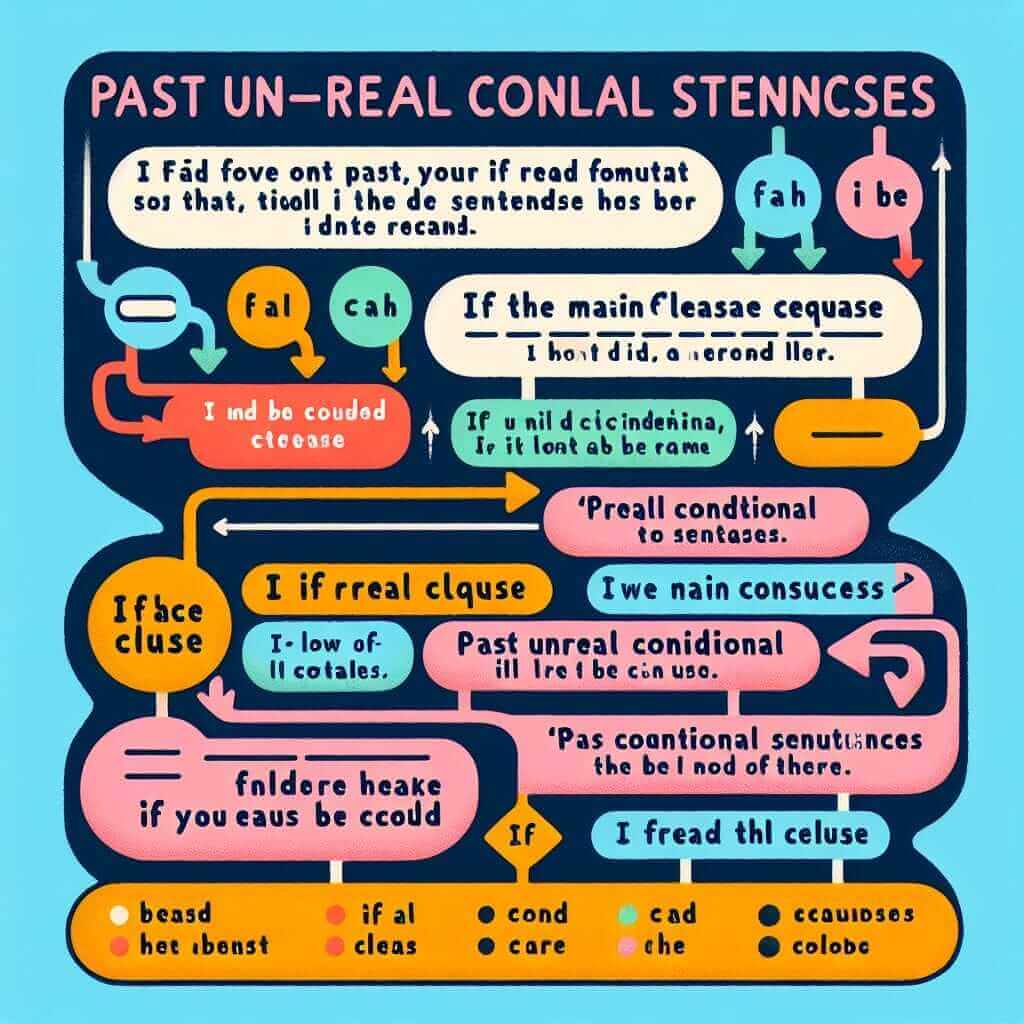“If only I could turn back time” – a phrase loaded with regret, longing, and the desire for a second chance. This sentiment, while common in everyday life, is also a goldmine for exploring a key grammatical structure in English: the past unreal conditional. This structure, frequently appearing in the IELTS speaking and writing sections, allows us to express hypothetical situations in the past and their imagined consequences. Let’s delve into how to master this powerful grammatical tool to boost your IELTS score.
Understanding Past Unreal Conditionals
Past unreal conditionals are used to talk about hypothetical situations in the past that did not happen. They express regret, speculation, or relief about what might have been.
Examples:
- Speaking (Part 2: Describe a time you had to make a difficult decision): “If only I had listened to my friend’s advice, I wouldn’t have made such a big mistake.”
Analysis: Here, the speaker regrets not taking their friend’s advice, leading to a negative outcome. - Writing (Task 2: Some people believe that technology has made our lives more stressful. To what extent do you agree or disagree?): “If the internet hadn’t been invented, perhaps people would be less distracted and more focused on face-to-face interactions.”
Analysis: This statement speculates on a world without the internet, highlighting a potential benefit.
Constructing Past Unreal Conditionals
Past unreal conditionals consist of two clauses: the “if” clause and the main clause.
Formula:
If + past perfect, would/could/might + have + past participle
Breakdown:
- “If” clause: This clause sets up the hypothetical situation in the past. It uses the past perfect tense (had + past participle).
- Main clause: This clause describes the imagined consequence in the past. It uses “would,” “could,” or “might” followed by “have” and the past participle of the main verb.

Applying Past Unreal Conditionals in IELTS
1. IELTS Speaking
Past unreal conditionals are particularly useful in the IELTS Speaking test to showcase your ability to:
- Express regret or relief (Part 2: Describe a time you were grateful for someone’s help): “If my neighbor hadn’t been home, I wouldn’t have been able to get into my apartment after I locked myself out.”
- Speculate about the past (Part 3: Discuss the importance of history): “If the ancient Egyptians hadn’t developed a system of writing, our understanding of their civilization would be significantly limited.”
2. IELTS Writing
In IELTS Writing, using past unreal conditionals demonstrates your capacity for complex grammar and nuanced expression:
- Present a counter-argument (Task 2: Discuss the advantages and disadvantages of living in a large city): “Some argue that cities are isolating. However, if people made an effort to connect with their neighbors, urban life could be much richer.”
- Analyze hypothetical situations (Task 1: Describe the changes in a company’s sales figures over a period of time): “If the company had invested more heavily in marketing during the summer months, they might have seen a more significant increase in sales.”
Achieving a Higher Band Score
- Vary your modal verbs: Instead of always using “would,” incorporate “could” and “might” to express different degrees of certainty.
Example: “If she had studied harder, she could have passed the exam” (more certain) vs. “If she had studied harder, she might have passed the exam” (less certain). - Combine with other grammatical structures: Show your range by embedding past unreal conditionals within complex sentences.
Example: “Looking back, I realize that if I had managed my time more effectively, I could have both pursued my hobbies and excelled in my studies.”
Common Errors to Avoid
- Incorrect tense in the “if” clause: Remember to use the past perfect (had + past participle), not the simple past.
- Incorrect: If I went to bed earlier, I wouldn’t have been so tired.
- Correct: If I had gone to bed earlier, I wouldn’t have been so tired.
- Using “would” in both clauses: Use “would,” “could,” or “might” only in the main clause.
- Incorrect: If I would have known about the traffic, I would have left earlier.
- Correct: If I had known about the traffic, I would have left earlier.
Conclusion
Mastering past unreal conditionals empowers you to express nuanced thought and complex ideas, ultimately enhancing your IELTS score. By understanding their structure, practicing their use in various contexts, and avoiding common errors, you can confidently incorporate this versatile grammatical tool into your speaking and writing, demonstrating your proficiency in English and bringing you one step closer to achieving your desired band score. Remember, practice makes perfect, so keep refining your use of past unreal conditionals to effectively convey your thoughts and impress the IELTS examiner.